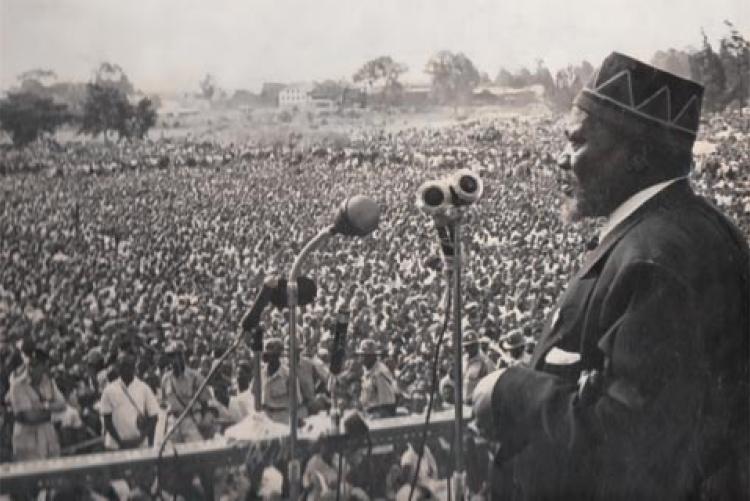Introduction
The History programme was approved by Senate in 1964 and revised in the year 2000. The programme is currently undergoing revision. The University of Nairobi degree program in History stresses analysis, observation and creativity rather than strict memorization, and encourages students not only to know facts and ideas present in lectures, field and reading, but must analyze, synthesize and evaluate these ideas. In the process, students are expected to come up with new and creative ways of putting ideas and facts together. For this reason, the program emphasizes the inter-disciplinary approach to learning that brings together interests and specialities represented by those academic units offering courses related History. This approach is manifest especially in the programs liberalized elective courses.
The BA History Programme allows the pursuit of three degree options: as a speciality or as a major for those who wish to specialize in History, and as a minor for those who wish to pursue History as a secondary speciality. Applicants for the BA programme must satisfy the minimum entry requirements for the admission into the University of Nairobi.
The MA Programmes aims at exposing students to a wide scope of historical knowledge in order to enable them appreciate the importance of the discipline. The programme consists of four clusters: History Generals, Women in History, Islamic Civilization and Armed Conflict and Peace Studies. These clusters are designed to enable students to specialize in diverse areas of history. The main objective is to widen the scope of historical knowledge by increasing professionalism in both teaching and research.
For admission into the programme, the common regulations governing the Masters degree in all faculties and those in the Faculty of Arts programmes shall apply. A candidate must also have the following minimum qualifications:
M.A. candidates shall be required to successfully complete twelve (12) approved course units, comprising three (3) core units, five (5) specialization course units, four (4) elective course units and a project paper which shall be equivalent to four (4) course units. Each taught course unit shall have a minimum of forty-five (45) contact.

